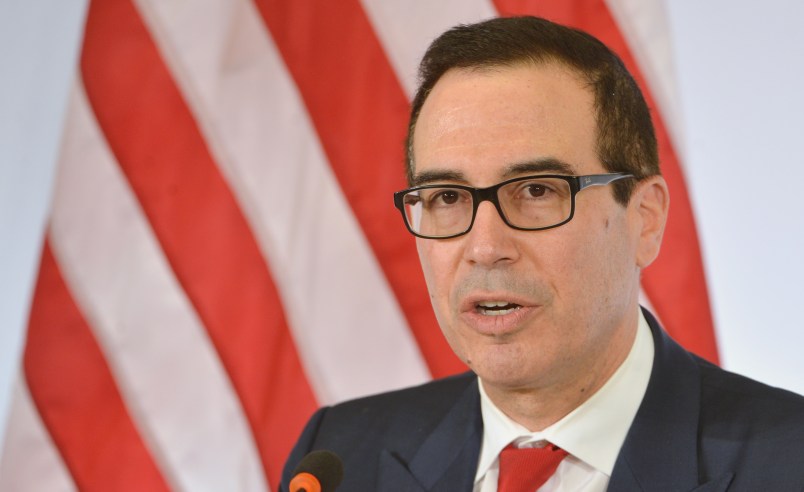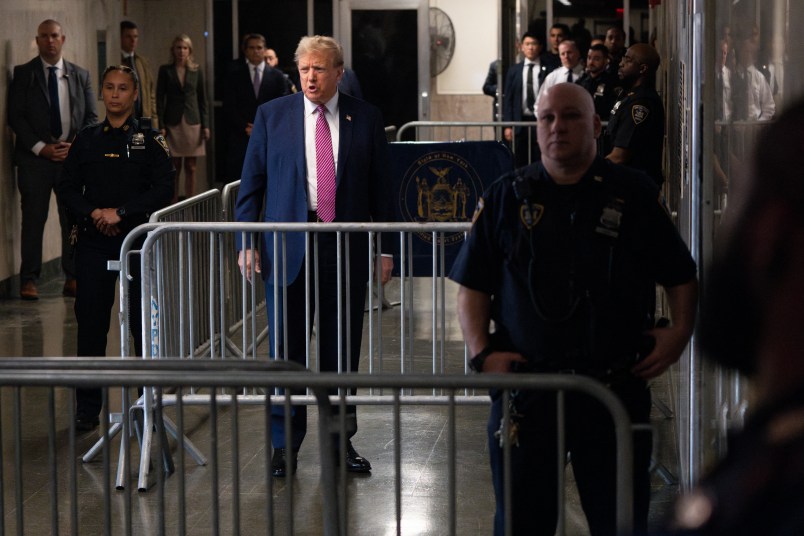WASHINGTON (AP) — The United States punished Iran on Friday for launching a satellite-carrying rocket into space by hitting six Iranian entities with sanctions targeting the country’s ballistic missiles program.
The sanctions hit six Iranian subsidiaries of the Shahid Hemmat Industrial Group, described by the Treasury Department as “central” to Iran’s ballistic missiles program. Treasury Secretary Steven Mnuchin cast the sanctions as part of an ongoing U.S. effort to aggressively oppose Iran’s ballistic missile activity, including what he called a “provocative space launch” carried out by the Islamic Republic on Thursday.
“These sanctions target key entities involved in Iran’s ballistic missile program, and underscore the United States’ deep concerns with Iran’s continued development and testing of ballistic missiles and other provocative behavior,” Mnuchin said.
In another allegation against the U.S. adversary, Mnuchin said that missile attacks on U.S. partner Saudi Arabia over the weekend by Houthi rebels in Yemen had likely come with the support of Iran. The U.S. has long accused Tehran of shipping weapons to the Houthis, a Shiite group that controls part of Yemen and is being fought by a Saudi-led coalition.
The sanctions come a day after Iran successfully launched its most advanced satellite-carrying rocket into space, in what was likely a major advancement for the country’s safe program. The “Simorgh” rocket is capable of carrying a satellite weighing 550 pounds (250 kilograms), Iran state television said.
Despite the fact it carried a satellite into space, the U.S. has argued the launch was tantamount to a ballistic missile launch because that type of long-range missile technology is inherently designed to be able to carry a nuclear payload. To that end, the State Department has said the launch flouted a U.N. Security Council resolution that calls on Iran not to conduct such tests.
The penalties reflect an attempt by President Donald Trump’s administration to show it’s staying tough on Iran even though Trump has yet to scrap the 2015 nuclear deal, despite threatening to do so as a candidate and arguing it’s a bad deal.
Under Trump, like under President Barack Obama, the U.S. has continued to sanction Iran for nonnuclear behavior such as ballistic missile activity that isn’t explicitly covered under the nuclear deal. Trump’s administration has also been pushing for inspections of sensitive Iranian military sites where U.S intelligence agencies believe Iran may be conducting illicit activity prohibited by the nuclear pact.









